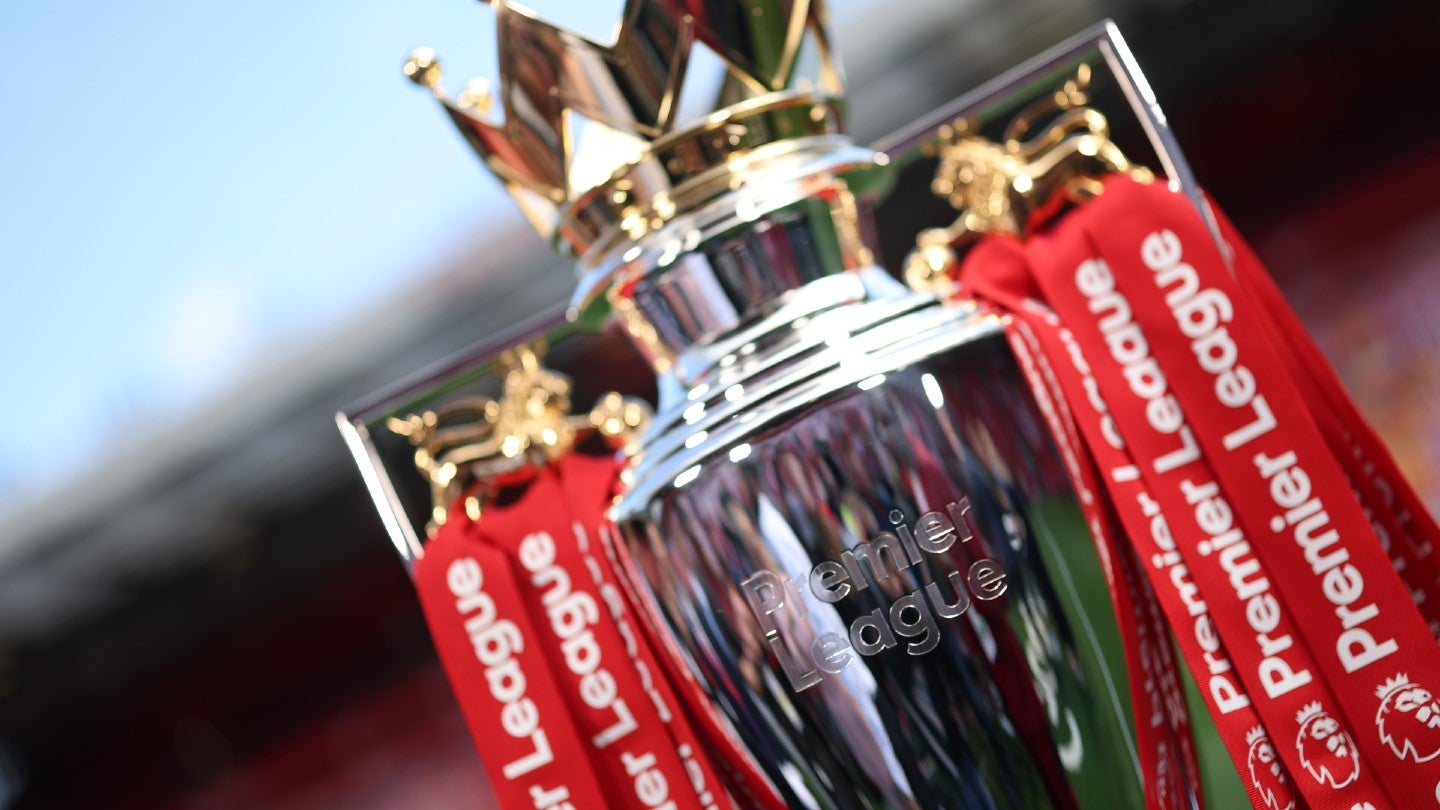A global rating agency, Moody’s Investors Service, downgraded nine Nigerian banks after an assessment of Nigerian banks on Tuesday.
According to Daily Trust, Access Bank Plc, Zenith Bank Plc, First Bank of Nigeria Limited, United Bank for Africa Plc, Guaranty Trust Bank Limited, Union Bank of Nigeria plc, Fidelity Bank Plc, FCMB Limited, and Sterling Bank Plc are the banks involved.
The long-term deposit ratings, issuer ratings, and senior unsecured debt ratings for each of the nine lenders were all downgraded by the international rating agency Moody’s from B3 to Caa1
Moody’s also updated the outlook on the long-term deposit ratings, issuer ratings, and senior unsecured debt ratings of the nine rated Nigerian banks to stable, according to the statement.
According to a statement, “Today’s rating actions follow Moody’s reduction of the Government of Nigeria’s long-term issuer rating to Caa1 from B3 and change in the outlook to stable on January 27, 2023.”
It stated that the downgrading of the long-term ratings of nine Nigerian banks was due to a combination of two factors: the country’s deteriorating operating environment, as evidenced by Moody’s downgrading its Macro Profile for Nigeria to “Very Weak” from “very weak+”; and the interconnections between the sovereign’s weakened creditworthiness and the banks’ balance sheets, given the banks’ sizeable holdings of sovereign debt securities.
According to the statement, the government’s limited access to external funding, capital outflows due to a flight to quality, and the low and uncertain oil output are all expected to continue to have a negative impact on Nigeria’s external situation in 2023.
The dangers that the country’s lack of foreign currency poses to the liquidity, capitalization, and asset quality of Nigerian banks are also covered by the updated Macro Profile.
“Rated Nigerian banks have significant direct and indirect exposure to the Nigerian sovereign,” the statement read. “A significant amount of their assets are situated in the country, and as of June 2022, sovereign debt holdings represented 28% of their aggregate total assets.”
“Government exposure connects the banks’ credit profiles to that of the sovereign, whose rating was lowered on January 27, 2023, to reflect Moody’s anticipation that the government’s fiscal and debt condition will worsen.
“The government is under intense fiscal pressure, but Nigeria’s long-standing institutional shortcomings and socioeconomic problems limit its ability to respond”, the rating agency added.
According to Moody’s, the long-term deposit, issuer, and senior unsecured debt ratings of Nigerian banks have stable outlooks, which are consistent with the stable outlook of Nigeria’s government rating.
In addition, it stated that the stable outlook on the sovereign rating reflected the fact that “while a new administration could reinvigorate the reform impetus in Nigeria after the general elections planned for February 25, 2023 and thereby support fiscal consolidation, implementation will likely remain lengthy amid marked social and institutional constraints.”
Indeed, the government has long sought to increase non-oil revenue and gradually phase out the expensive oil subsidy, but achieving these goals requires reforms that are difficult from an institutional, social, and political standpoint. In the meantime, financing restrictions are likely to persist.
Obi expresses concern about Nigeria’s credit rating
The Labour Party’s presidential candidate, Peter Obi, referred to the recent downgrading of Nigeria’s credit rating by Moody’s Investors Service from B3 to junk bonds as alarming on Wednesday.
According to The Punch, Obi insisted that there was still optimism despite Nigeria’s dismal economic prospec…










